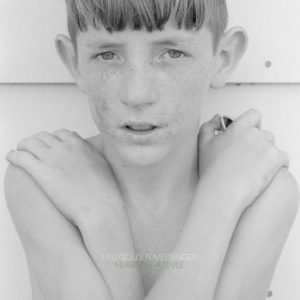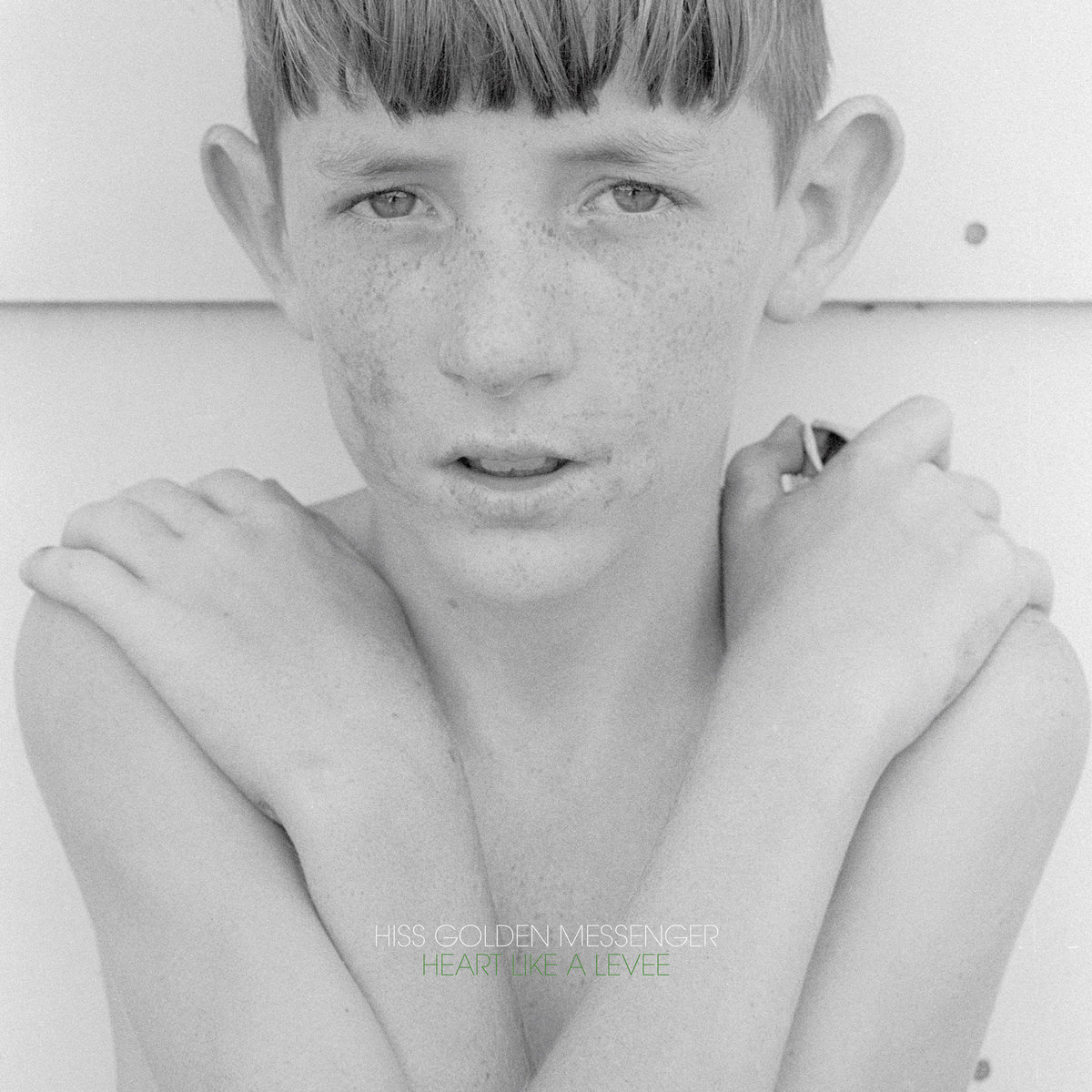Hiss Golden Messenger
Heart Like a Levee
MERGE
6/10
Hiss Golden Messenger—songwriter M.C. Taylor and a revolving cast of musician friends—has been breaking hearts since 2009’s Country Hai East Cotton. New album Heart Like a Levee, as its title suggests, is no exception, opening the floodgates of feeling with its eleven heartfelt songs. As ever, though, Taylor offsets his sorrow with a sense of levity—major jangly chords and Dylan-esque vocals. Opener “Biloxi,” for example, is an alt-country reincarnation of Mr. Zimmerman’s earlier days. That’s not a bad thing, though, and Taylor builds upon that inspiration to transform these songs into his own as he lets darkness and light battle it out.
Though its upbeat rhythm has tinges of gospel, the title track is riddled with a downheartedness that even a spirited melody can’t beat back, in much the same way that the tune of Van Morrison’s “Brown Eyed Girl” can’t disguise the wistful nature of its words. Similarly, “Happy Day (Sister My Sister)” belies its title with its world-weary tune and self-flagellating lyrics, all of which embrace the woeful side of life without irony. “Cracked Windshield,” too, is particularly forlorn—the slow-footed journey toward the end of a life—but the beauty of the song gives its depressing stance some reprieve, some hope of something beyond our own mortal coil.
Only “Like a Mirror Loves a Hammer” feels out of place here, its experimental groove-laden and soulful vibes at odds with the pastoral and personal folk of the other ten tracks. That’s mainly because it feels more affected than authentic, an imposter in the midst of a truth perhaps best illustrated by the majestic melancholy of the final song, “Highland Grace.” The track moves from its graceful, almost playful plod, into a sparse, stripped-down lament that’s little more than vocals, piano, and a huge, overwhelming dose of regret. “Loving her was easy / The easiest thing in the world,” opines Taylor near the end of the song with barely any accompaniment, before a final, horn-filled flourish kicks in, offering hope that maybe, just maybe, all hope isn’t quite lost.







